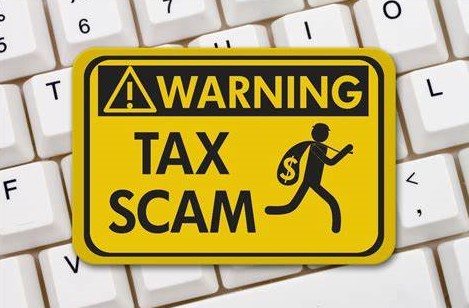Making Tax Digital (MTD) pe înțelesul tuturor: pe cine va afecta și la ce să ne așteptăm?
🔍 Making Tax Digital (MTD) pe înțelesul tuturor: pe cine va afecta și la ce să ne așteptăm?
Regatul Unit schimbă regulile jocului:
Din 2026, toți cei care câștigă din activități independente sau chirii vor fi obligați să folosească sistemul digital de taxe – Making Tax Digital (MTD).
Dar ce înseamnă asta? Pe cine vizează? Și de ce ar trebui să vă interesați chiar acum, chiar dacă nu sunteți „prieteni” cu tehnologia?
🤖 Ce este MTD – pe scurt
MTD (Making Tax Digital) este un program al autorității fiscale din UK (HMRC), care obligă contribuabilii să:
-
Țină evidența veniturilor și cheltuielilor în format digital;
-
Folosească programe software aprobate de HMRC (nu Excel sau hârtii);
-
Trimită online rapoarte trimestriale către HMRC.
📌 Cine intră sub incidența MTD?
Se aplică dacă sunteți:
✅ Persoană fizică autorizată (self-employed)
✅ Proprietar care închiriază locuințe
✅ Combinați ambele surse de venit
Și venitul total este:
-
£50,000+ pe an → obligatoriu din aprilie 2026;
-
Peste £30,000 → obligatoriu din aprilie 2027.
💡 Software digital – ce înseamnă?
Nu este doar o aplicație. Este software aprobat oficial de HMRC care automat:
-
Ține contabilitatea;
-
Generează rapoarte fiscale;
-
Trimite datele direct către HMRC – fără declarații manuale.
Exemple: QuickBooks, Xero, FreeAgent, Sage și chiar aplicații mobile simple.
Dar există o problemă…
😓 De ce poate fi dificil MTD?
Pentru mulți, este un stres nou.
Poate fi greu de folosit dacă:
-
Nu sunteți sigur pe calculator sau telefon;
-
Sunteți în vârstă sau aveți dizabilități;
-
Nu aveți internet stabil;
-
Convingerile religioase vă limitează utilizarea tehnologiei.
🛡 Aveți dreptul la scutire!
Veste bună: HMRC permite depunerea unei cereri oficiale de scutire dacă:
-
Este imposibil fizic sau psihic;
-
Nu puteți îndeplini cerințele tehnice;
-
Sau pur și simplu nu stăpâniți tehnologia și vă temeți de greșeli.
📨 Cererea se depune online (sau prin poștă) și puteți obține scutire oficială.
🧠 Cine trebuie să fie atent chiar acum?
👨🔧 Persoane fizice autorizate (constructori, electricieni, șoferi, profesori particulari)
🏠 Proprietari care închiriază una sau mai multe locuințe
🧓 Persoane în vârstă care trimiteau manual declarațiile fiscale
🧕 Persoane cu convingeri ce limitează folosirea tehnologiei
👨👩👦 Cei fără internet stabil sau cu probleme de sănătate
✅ Ce puteți face de azi?
-
Verificați dacă intrați sub MTD din 2026 sau 2027;
-
Evaluați dacă faceți față cerințelor digitale;
-
Depuneți cerere de scutire dacă este dificil;
-
Sau alegeți cel mai simplu software dacă vreți să încercați.
📣 Nu așteptați! Pregătiți-vă din timp
Faceți un pas înainte cât încă aveți timp:
📝 Vă ajutăm să:
✔ Stabiliți dacă intrați sub MTD.
✔ Înțelegeți contabilitatea digitală cu software specializat.
✔ Pregătiți cererea de scutire dacă trecerea este imposibilă.
📣 Nu amânați – acționați acum!
📬 Programați o consultație gratuită și vom analiza situația dvs., vom da recomandări și vă vom ajuta să evitați greșeli cu HMRC.














